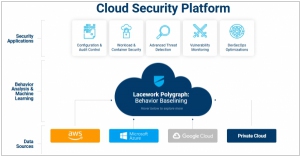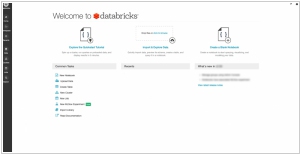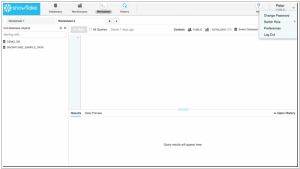Databricks vs Snowflake
July 21, 2023 | Author: Michael Stromann
See also:
Top 10 Big Data platforms
Top 10 Big Data platforms
Databricks and Snowflake are both leading data platforms, but they have distinct differences that cater to different data processing and analytics needs. Databricks is a unified analytics platform built on top of Apache Spark, providing a collaborative workspace for data engineers and data scientists to work together on data processing, machine learning, and data analytics tasks. Databricks is known for its powerful data processing capabilities, real-time analytics, and easy integration with various data sources and machine learning frameworks. On the other hand, Snowflake is a cloud-based data warehousing platform that specializes in data storage, processing, and querying. Snowflake's architecture allows it to handle large-scale data storage and retrieval efficiently, making it an ideal choice for businesses with heavy data warehousing requirements. Snowflake's separation of compute and storage resources enables organizations to scale their data processing independently.
See also: Top 10 Big Data platforms
See also: Top 10 Big Data platforms
Databricks vs Snowflake in our news:
2021. Cloud security startup Lacework has raised $525M

Lacework, a cloud security startup that offers a solution built on the Snowflake platform, has raised $525 million in its Series D funding round, bringing its total funding to over $1 billion. The company reported a remarkable 300% year-over-year revenue growth for the second consecutive year. Investors and customers have shown significant interest due to the comprehensive nature of Lacework's security solution. It enables companies to securely build in the cloud and covers multiple market categories to meet diverse customer needs. This includes services such as configuration and compliance, infrastructure-as-code security, vulnerability scanning during build time and runtime, as well as runtime security for cloud-native environments like Kubernetes and containers.





